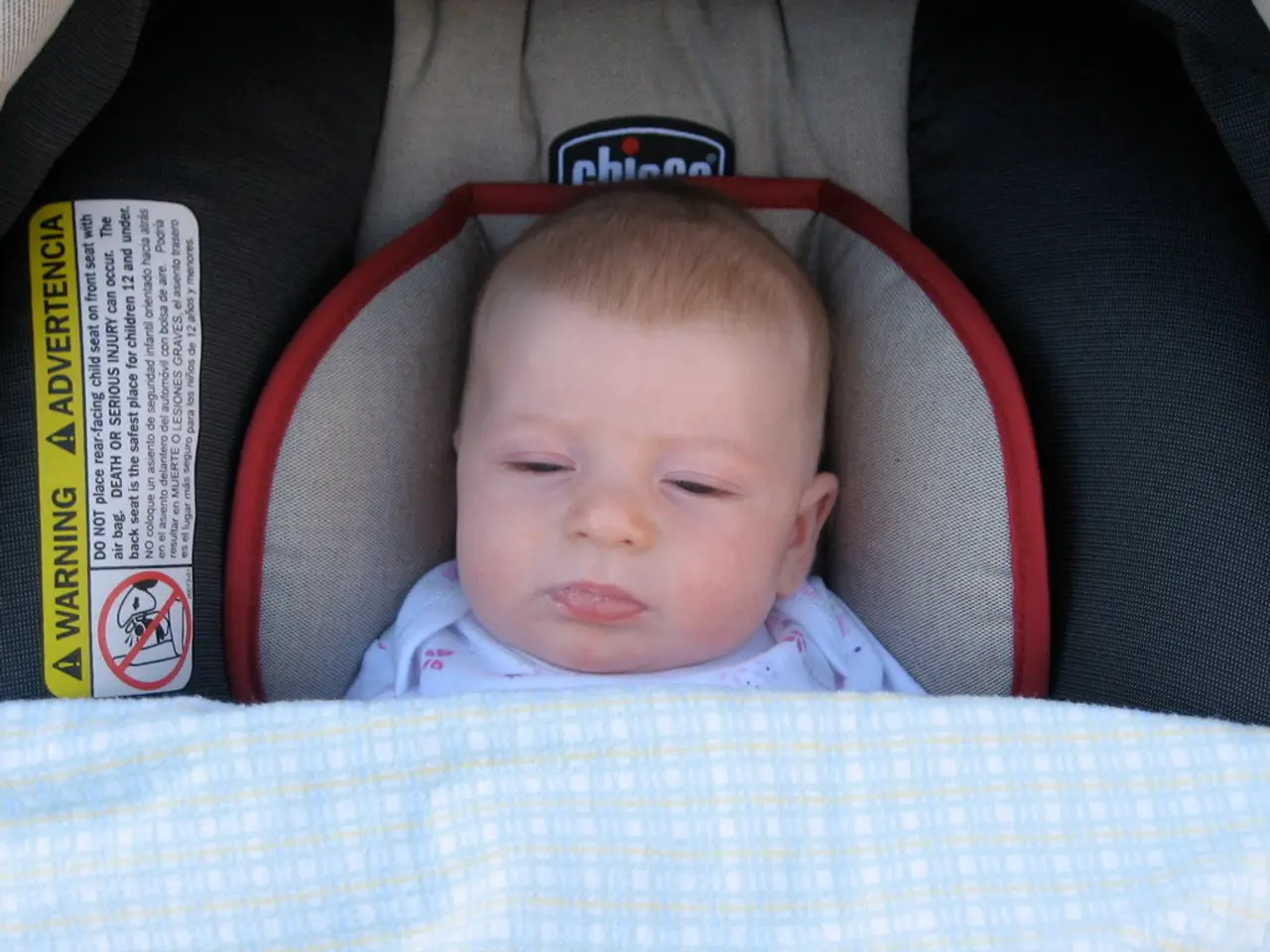Trump's 'Baby Savings Accounts' Gain Popularity as Financial Security Measure
President Donald Trump's new baby savings accounts, dubbed 'Trump accounts', have gained significant public support in the US. The initiative aims to provide every newborn with a financial head start, amidst concerns about retirement savings and financial insecurity.
The 'Trump accounts' offer a $1,000 government investment at birth, with parents and relatives allowed to contribute up to $5,000 annually until the child turns 18. These funds grow through stock market investments, inaccessible until adulthood. Even without additional contributions, the accounts are projected to grow substantially, ranging from $3,000 to $13,800 over 18 years.
Supporters argue that these accounts empower families to build long-term wealth. If maximized, the savings could reach significant sums, estimated between $191,500 and $676,400, by the time a child reaches adulthood. The most popular intended use for these funds is paying for college or trade school, according to a recent BlackRock survey. The survey also found that 66% of Americans support the initiative, despite the least popular uses including buying a car or starting a business. The measure applies to children born between Jan. 1, 2025, and Dec. 31, 2028, and requires a Social Security number to open an account.
The 'Trump accounts' present a novel approach to addressing financial insecurity in the US. With government investment and potential for significant growth, these accounts could provide a valuable tool for families to build wealth and secure their children's futures.
Read also:
- Strategizing the Integration of Digital Menus as a Core Element in Business Operations
- Financial Actions of BlockDAG Following Inter and Borussia Agreements: Anticipating Future Steps
- International powers, including France, Germany, and the UK, advocate for the reinstatement of sanctions against Iran.
- Election contenders in Quebec city council elections believe they hold promise for success




